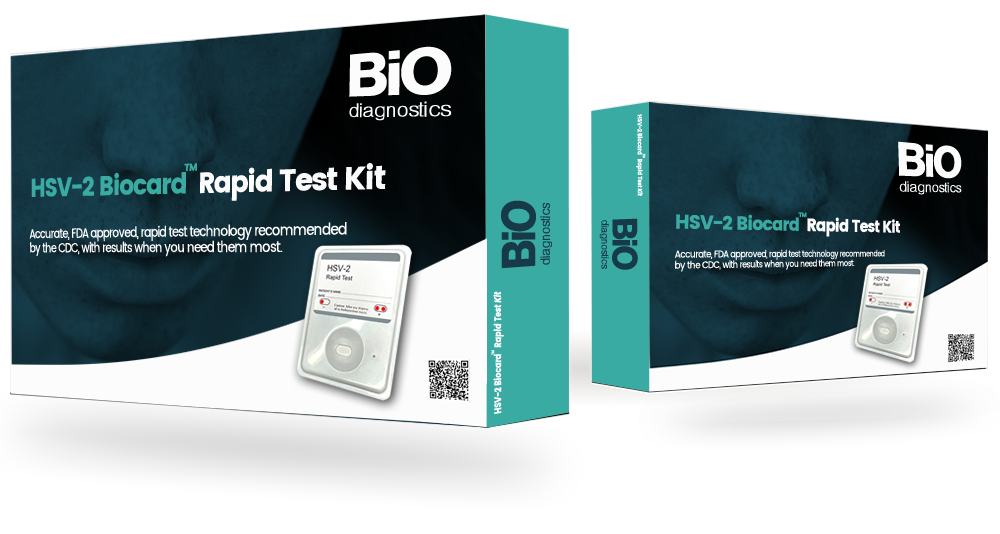Divisions
About Divisions
Bio-Diagnostics has grown over the years and now has multiple areas of specialty. Each of these divisions are all developed from our expertise in Immunology. Bio-Diagnostics has been a leading UK manufacturer and supplier of innovative diagnostics since November 1979, and we continue to focus and grow our interests beyond Infectious Disease, Autoimmunity, Immunohistochemistry, and Dermatology, (which includes allergy testing).
The BioCard™ HSV-2
The BioCard™ HSV-2 testing technology, pioneered by Bio-Diagnostics, stands out as a ground-breaking leap forward in the realm of screening and diagnosing Genital Herpes Simplex Virus Type 2 (HSV-2) infections. This cutting-edge technology was meticulously designed to offer an economically feasible solution for detecting undiagnosed HSV-2 infections, or confirming screening results, thereby addressing a critical healthcare need.
In notable recognition of the BioCard™ HSV-2 testing technology is its inclusion in the “Sexually Transmitted Infections Treatment Guidelines, 2021” by the Center for Disease Control and Prevention (CDC). The CDC’s endorsement underscores the technology’s credibility and effectiveness in confirming HSV-2 infections left equivocal after automated analysis. Available in private label, global brands access the BioCard™ technology for accurate diagnosis.
What sets the BioCard™ technology apart is its unique union of rapid test speed with an unparalleled level of accuracy, rivalling and often surpassing the speed and accuracy of established ELISA or CLIA systems. This technological breakthrough allows for high-throughput testing without the requirement for costly analysers, thereby broadening its accessibility across the healthcare spectrum, from pop-up clinics to extensive laboratory networks. In essence, the BioCard™ technology has ushered in a transformative era in the diagnosis of HSV-2 infections, ensuring that accurate and timely testing is within reach for a broader population.
This ground-breaking advancement represents a substantial step forward in the ongoing battle against HSV-2. It significantly enhances our capacity to detect and manage this widespread sexually transmitted infection, which affects around £500 million people worldwide. Currently, the majority of those afflicted remain undiagnosed, unknowingly perpetuating the spread of the disease.

